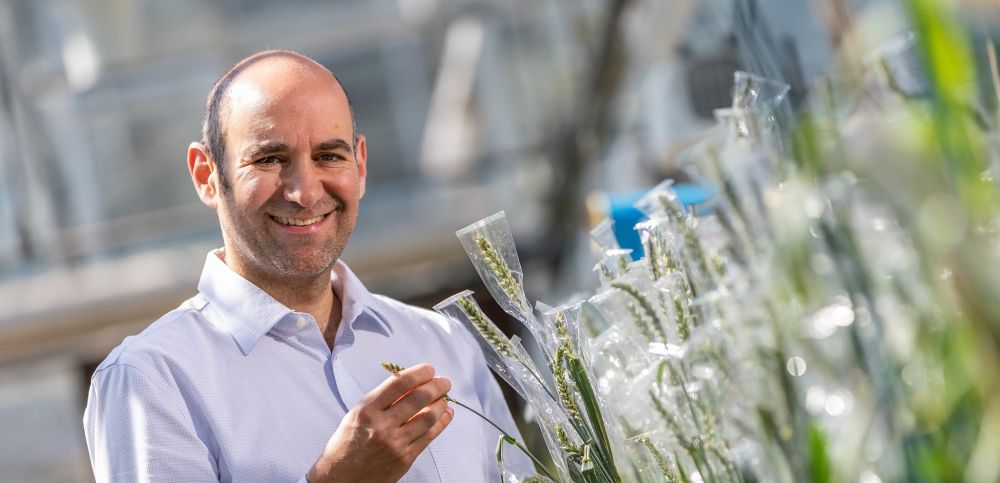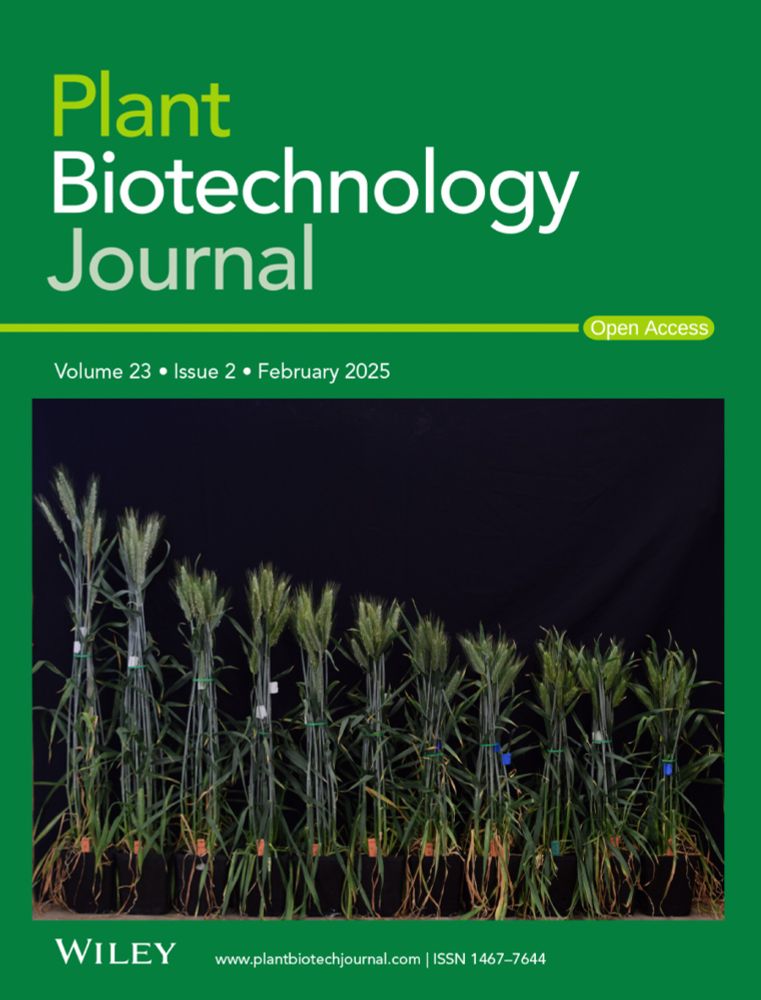Account run by students and postdocs
https://dubcovskylab.ucdavis.edu/home
www.biorxiv.org/cgi/content/...

www.biorxiv.org/cgi/content/...


▶️ acsess.onlinelibrary.wiley.com/doi/10.1002/...
#PlantScience #PlantPathology

▶️ acsess.onlinelibrary.wiley.com/doi/10.1002/...
#PlantScience #PlantPathology

@UCDavisPlants using old-school mutagenesis. A scintillating talk with grad student Maria Rottersman.
@ASPB
share.transistor.fm/s/9419052e
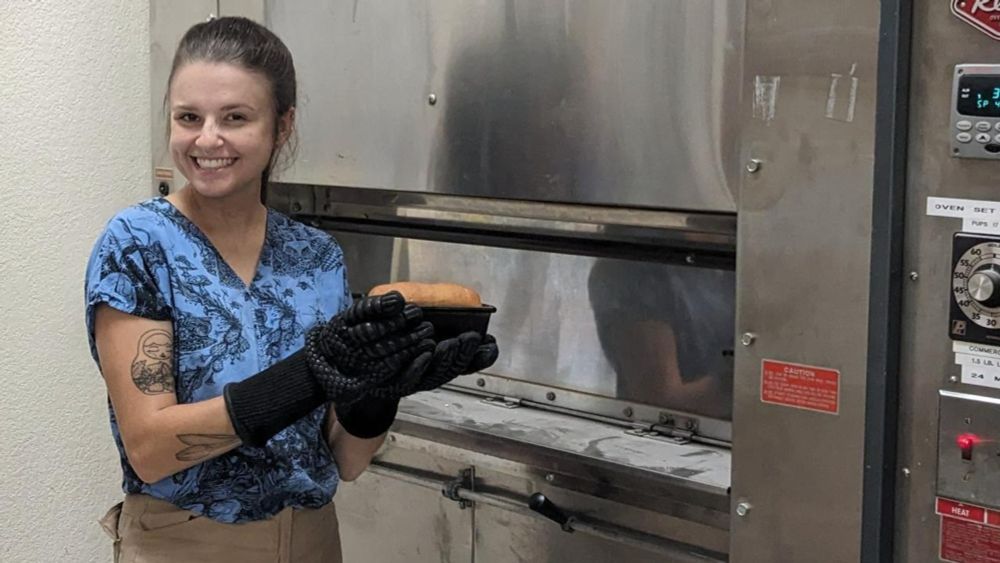
@UCDavisPlants using old-school mutagenesis. A scintillating talk with grad student Maria Rottersman.
@ASPB
share.transistor.fm/s/9419052e
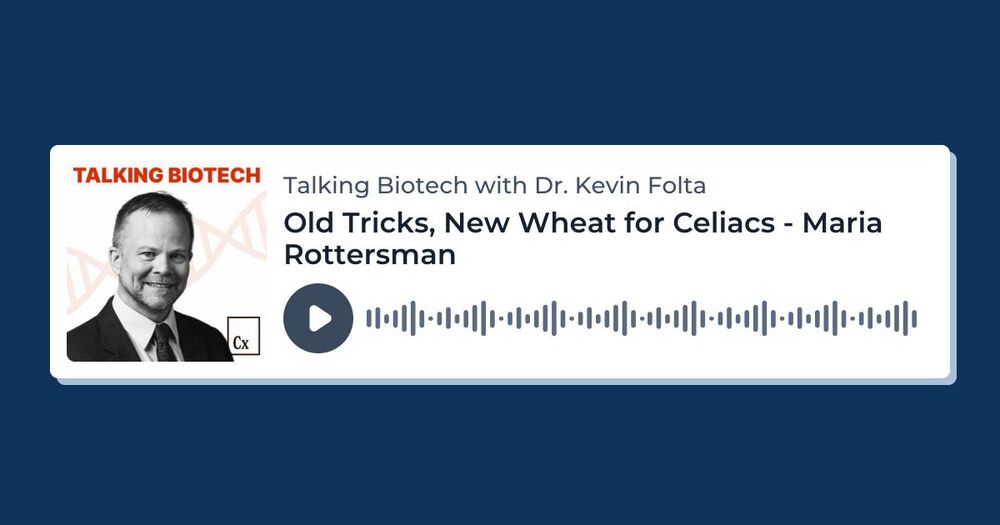
▶️ www.ucdavis.edu/food/news/ta...
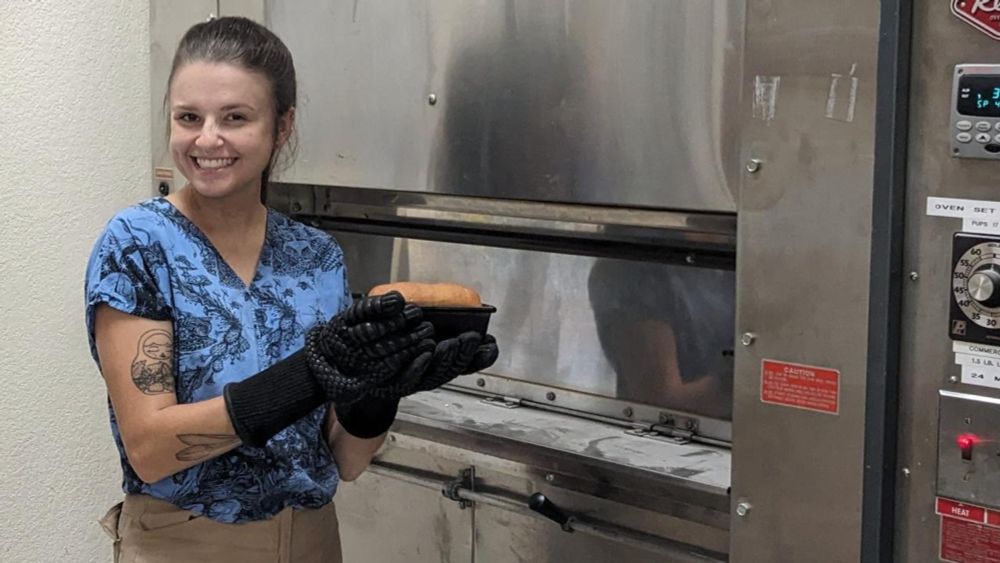
▶️ www.ucdavis.edu/food/news/ta...
▶️ www.researchsquare.com/article/rs-6...
#PlantScience #PlantImmunity
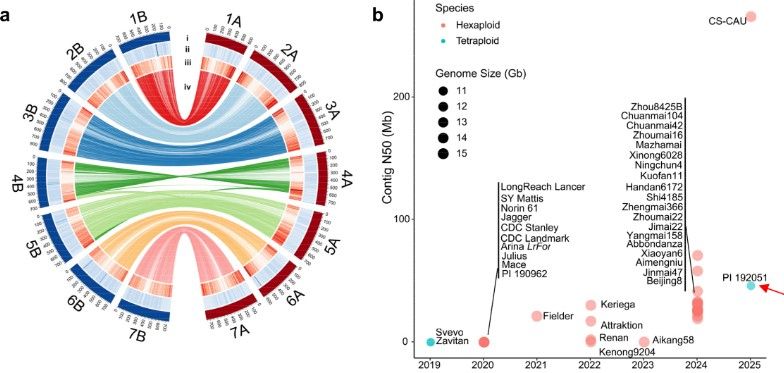
▶️ www.researchsquare.com/article/rs-6...
#PlantScience #PlantImmunity
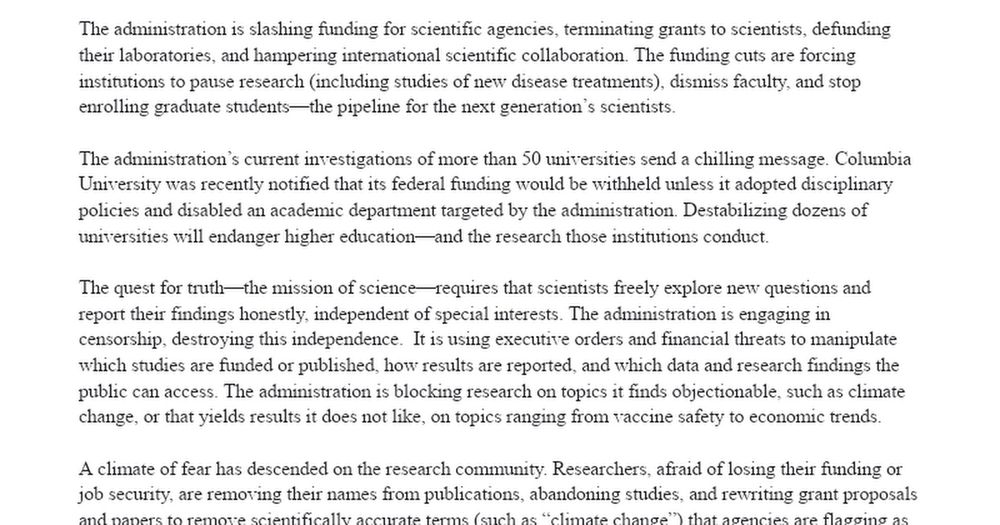

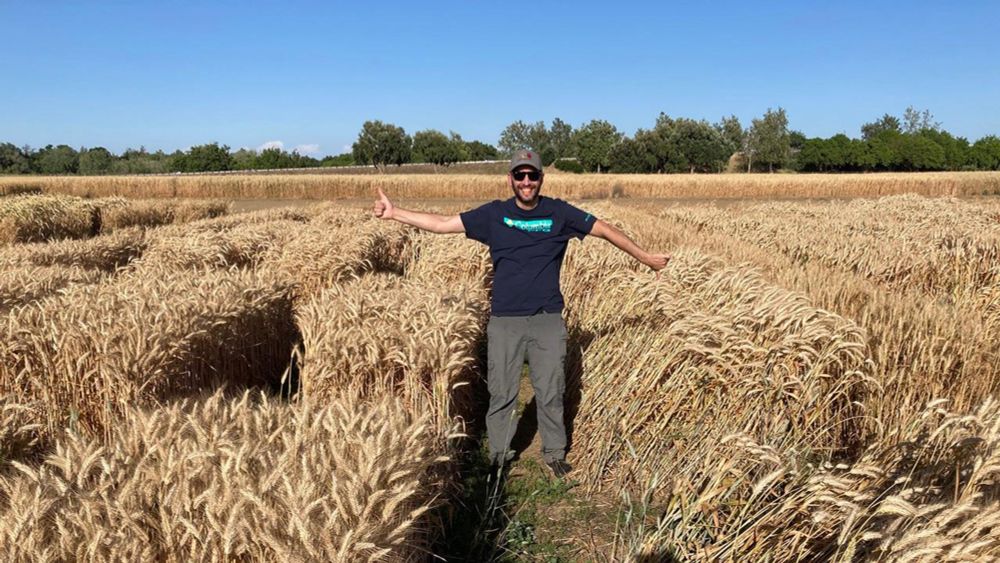
#PlantaePSRW
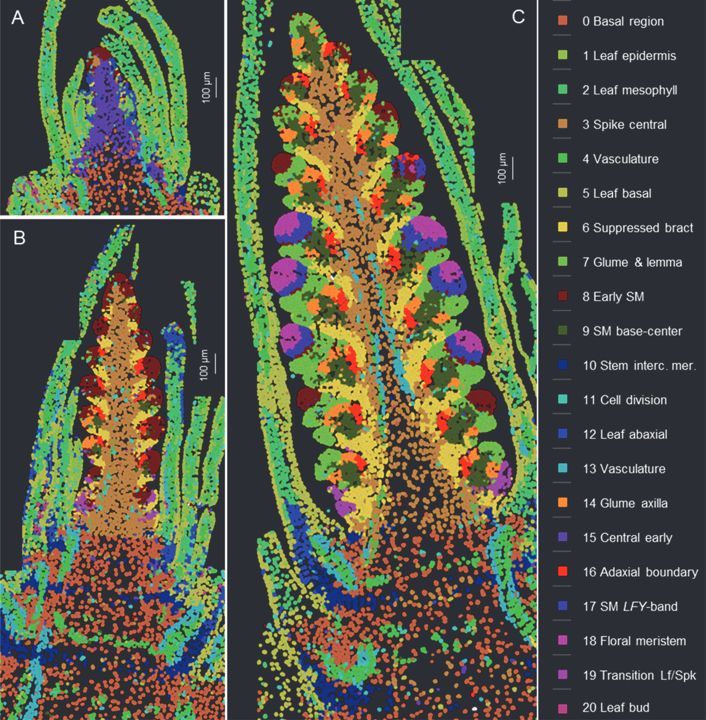
#PlantaePSRW
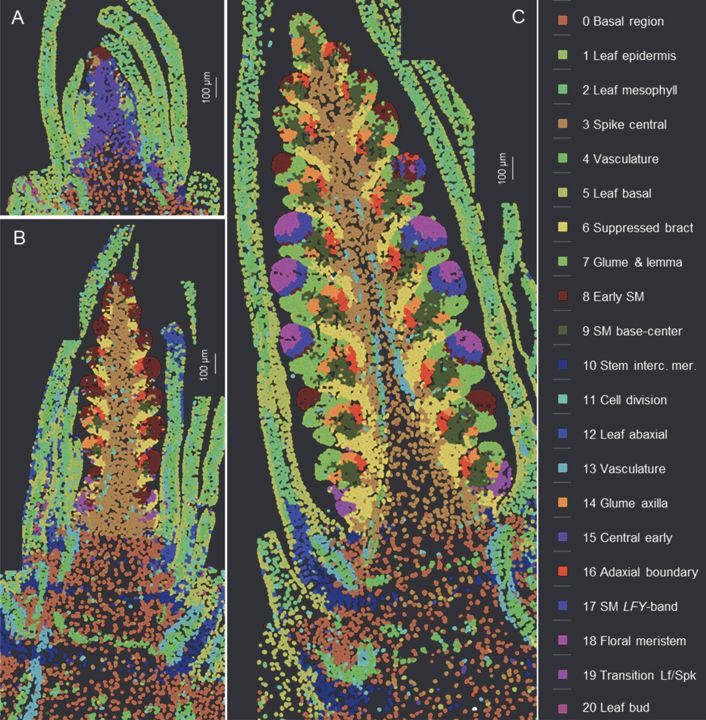
www.biorxiv.org/content/10.1...
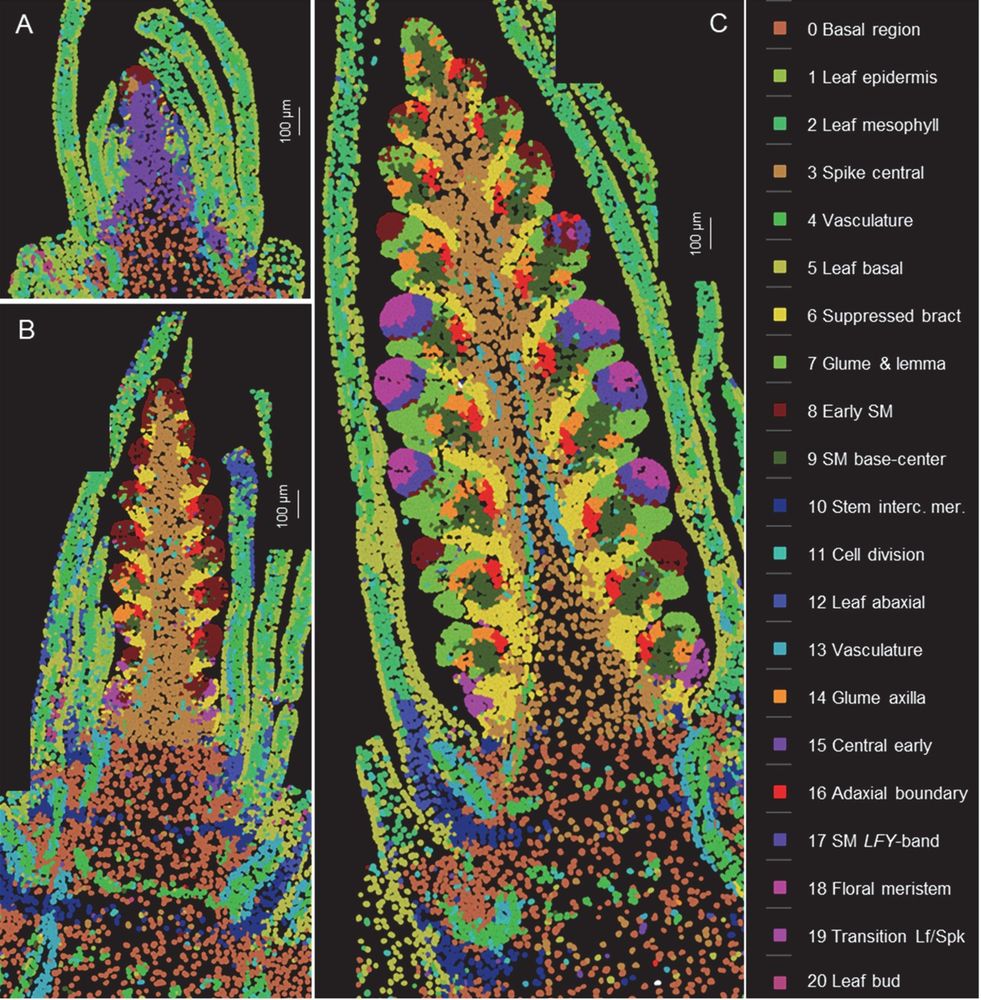
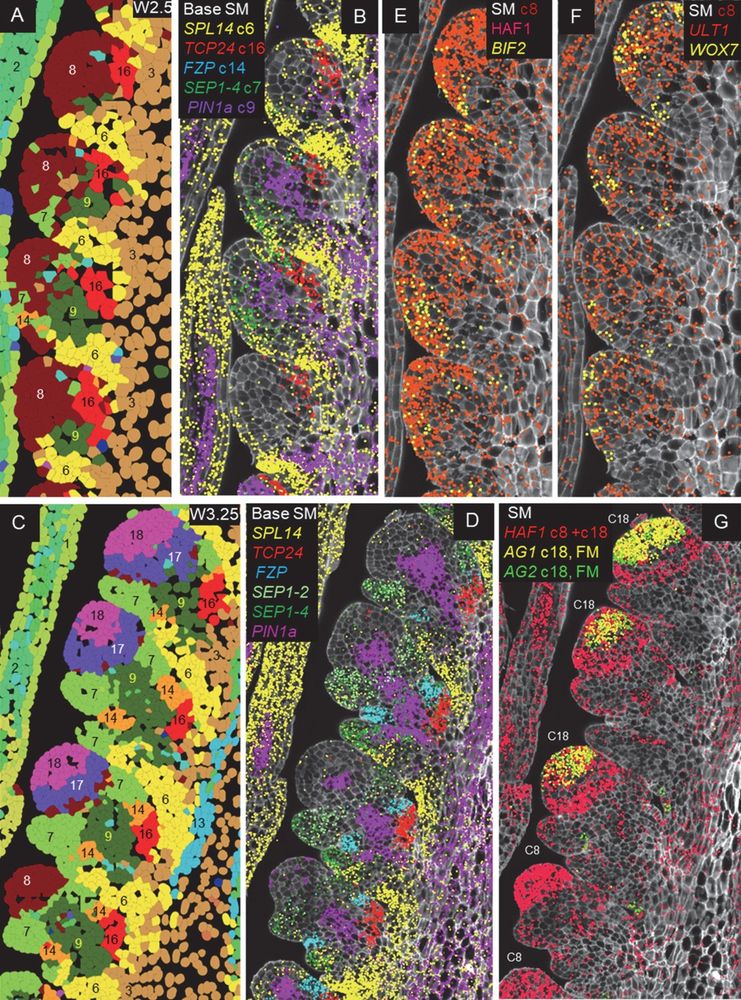
www.biorxiv.org/content/10.1...
▶️ www.sciencedirect.com/science/arti...
#PlantScience #Genomics #Wheat
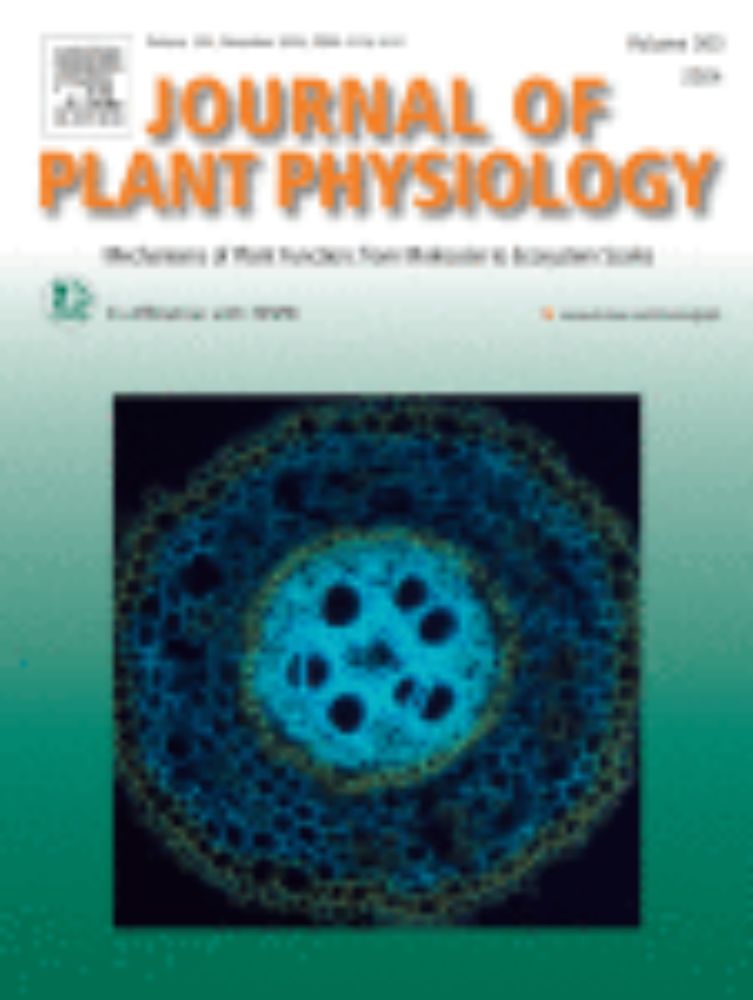
▶️ www.sciencedirect.com/science/arti...
#PlantScience #Genomics #Wheat
Following an international search, we are delighted to announce that Professor @cristobaluauy.bsky.social has been appointed as the next Director of the John Innes Centre.
www.jic.ac.uk/press-releas...
@ukri.org
